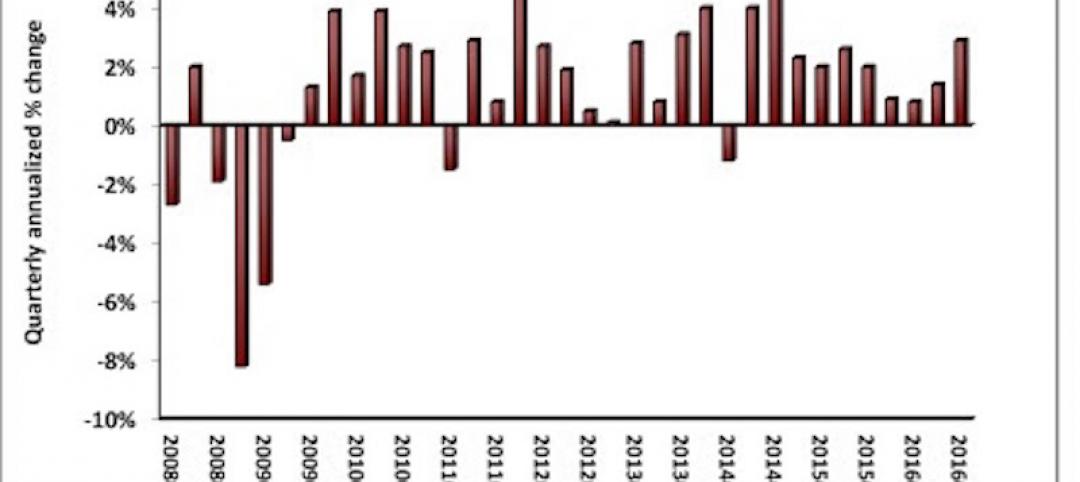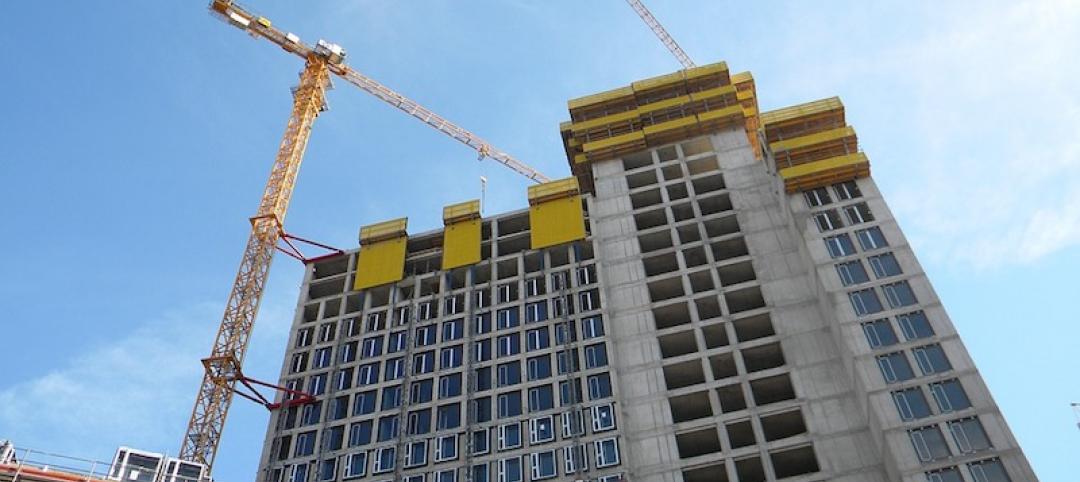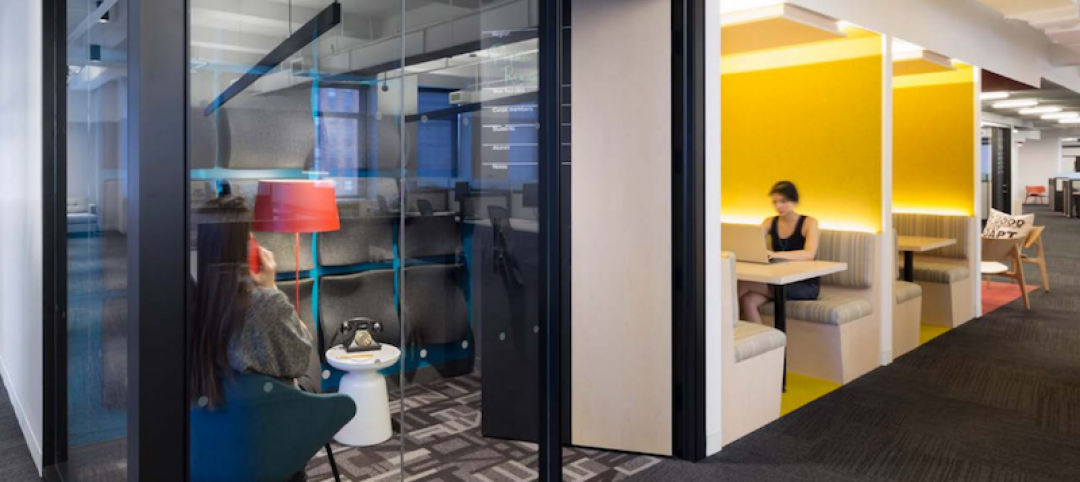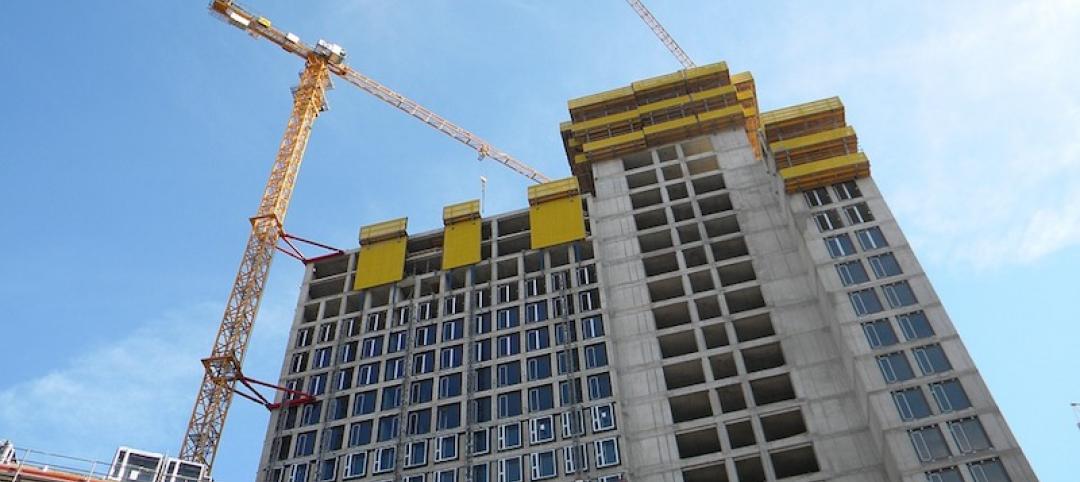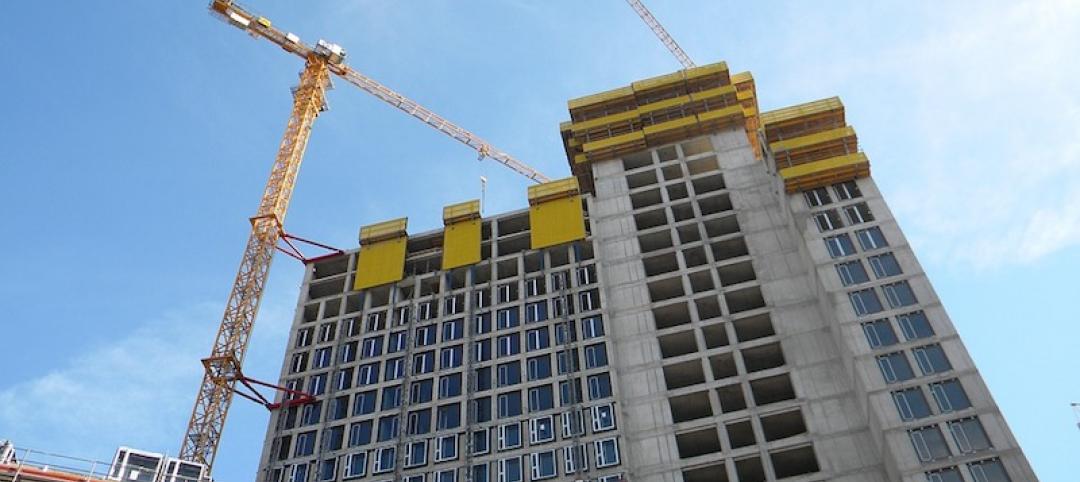The American Institute of Architects (AIA) and the University of Minnesota announced the signing of an agreement to develop “Guides for Equitable Practice.”
“The AIA and the University of Minnesota have been developing this partnership for some time because our profession, like others, is not immune from discrimination and harassment by some of our colleagues in a variety of positions of power," said Renée Cheng, FAIA, DPACSA. “This guide will help firms avoid some of those mistakes and bring their internal operations more in line with the diverse clients and communities they serve.”
Based on the recommendations from the AIA Equity in Architecture Commission Report, the guides will provide architects and firms with guidance on best practices in equity, diversity, and inclusion principles, and how those values can be a part of any architectural practice. They will address such issues as career progression, work culture, leadership development, pay equity, talent recruitment and more. Topics under work culture include attention to specific areas such as professional ethics and sexual harassment.
“Though these guides will serve as a vital resource for underrepresented and marginalized architects, it’s our hope they will be an asset to the entire profession will utilize,” said Emily Grandstaff-Rice, FAIA, 2018-2020 AIA At-large Director and Chair of the Equity and the Future of Architecture Committee. “We’re moving toward a more equitable profession and these guides will help us get there.”
The Guides for Equitable Practice will be developed and implemented in three phases, with each phase focusing on three to four chapters of the guidebook. The first phase is planned for completion in late 2018 with subsequent phases and their chapters released every six to eight months.
Development of the guidebook will be a collaborative effort. Cheng leads the University of Minnesota team, which includes Andrea Johnson and Nancy Alexander. AIA Equity and the Future of Architecture Committee will contribute to project leadership and become a critical part of the review process. Cheng, recently named dean of the University of Washington’s College of Built Environments, will continue to lead the guides project at the University of Minnesota through the end of 2018.
The AIA Equity in Architecture Commission, a panel of leading architects, educators, and diversity experts, was formed to address concerns about disproportionate demographics among those in the profession. The Commission's work ended after it identified the root causes for the lack of diversity and inclusion and offered recommendations on how to address those issues.
As part of other efforts to build a more inclusive profession, the AIA also issued a statement today on the Institute's values, specifically addressing the issue of sexual harassment.
Related Stories
Market Data | Oct 31, 2016
Nonresidential fixed investment expands again during solid third quarter
The acceleration in real GDP growth was driven by a combination of factors, including an upturn in exports, a smaller decrease in state and local government spending and an upturn in federal government spending, says ABC Chief Economist Anirban Basu.
Market Data | Oct 28, 2016
U.S. construction solid and stable in Q3 of 2016; Presidential election seen as influence on industry for 2017
Rider Levett Bucknall’s Third Quarter 2016 USA Construction Cost Report puts the complete spectrum of construction sectors and markets in perspective as it assesses the current state of the industry.
Industry Research | Oct 25, 2016
New HOK/CoreNet Global report explores impact of coworking on corporate real rstate
“Although coworking space makes up less than one percent of the world’s office space, it represents an important workforce trend and highlights the strong desire of today’s employees to have workplace choices, community and flexibility,” says Kay Sargent, Director of WorkPlace at HOK.
Market Data | Oct 24, 2016
New construction starts in 2017 to increase 5% to $713 billion
Dodge Outlook Report predicts moderate growth for most project types – single family housing, commercial and institutional building, and public works, while multifamily housing levels off and electric utilities/gas plants decline.
High-rise Construction | Oct 21, 2016
The world’s 100 tallest buildings: Which architects have designed the most?
Two firms stand well above the others when it comes to the number of tall buildings they have designed.
Market Data | Oct 19, 2016
Architecture Billings Index slips consecutive months for first time since 2012
“This recent backslide should act as a warning signal,” said AIA Chief Economist, Kermit Baker.
Market Data | Oct 11, 2016
Building design revenue topped $28 billion in 2015
Growing profitability at architecture firms has led to reinvestment and expansion
Market Data | Oct 4, 2016
Nonresidential spending slips in August
Public sector spending is declining faster than the private sector.
Industry Research | Oct 3, 2016
Structure Tone survey shows cost is still a major barrier to building green
Climate change, resilience and wellness are also growing concerns.
Industry Research | Sep 27, 2016
Sterling Risk Sentiment Index indicates risk exposure perception remains stable in construction industry
Nearly half (45%) of those polled say election year uncertainty has a negative effect on risk perception in the construction market.



